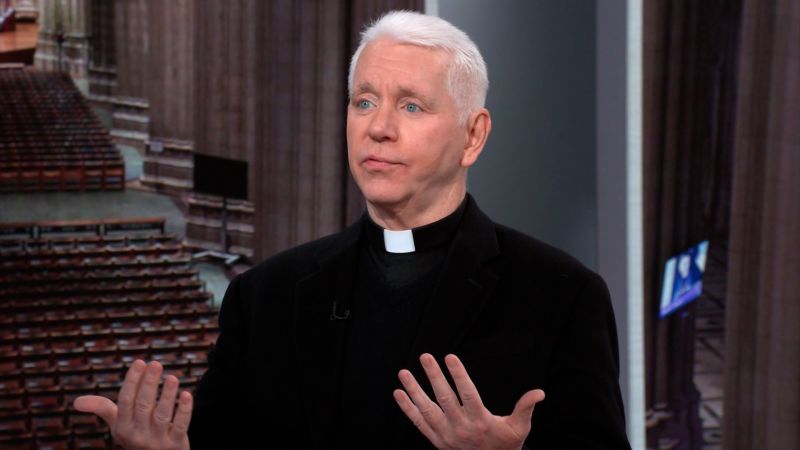Divine Dissent: Pastor Challenges Trump's Spiritual Rhetoric After Controversial Inauguration Speech

In an illuminating conversation with CNN, Manhattan University Campus Minister Rev. Edward Beck offered a provocative critique of the religious rhetoric and prayers delivered during President Trump's inauguration. Beck's thoughtful analysis delved deep into the theological implications of the spiritual moments that marked this pivotal political event.
With his characteristic insight, Rev. Beck challenged the authenticity and spiritual depth of the prayers offered during the ceremony. He suggested that the religious language and invocations seemed more performative than genuinely reflective of profound spiritual conviction. The campus minister raised important questions about the alignment between the spoken words of faith and the underlying political and social realities.
Beck's critique went beyond surface-level observations, examining the complex intersection of political power and religious expression. He argued that the inaugural prayers appeared to prioritize political messaging over genuine spiritual reflection, potentially undermining the true essence of religious discourse in a public setting.
His commentary provided a nuanced perspective on the role of religion in political ceremonies, inviting viewers and listeners to consider the deeper meanings behind public displays of faith during significant national moments. Rev. Beck's analysis serves as a thought-provoking reminder of the delicate balance between political rhetoric and spiritual authenticity.

